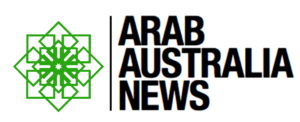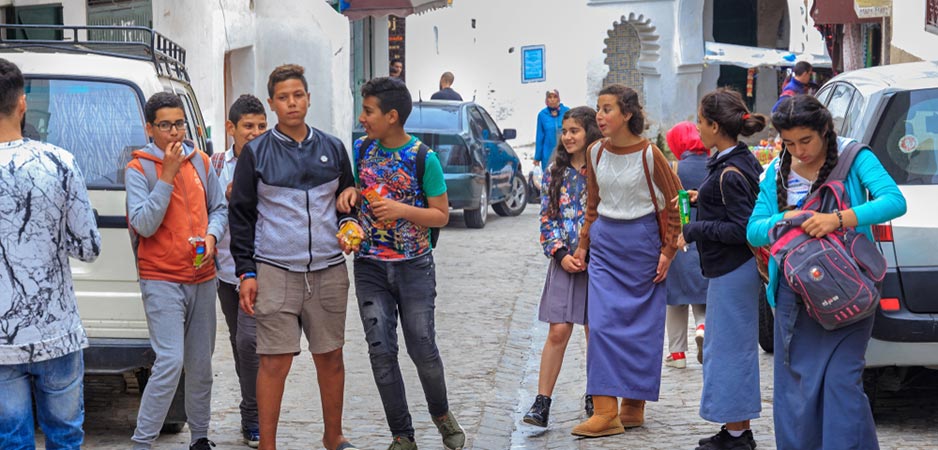Morocco’s loan from the World Bank to improve the education sector exemplifies the mounting debt that results from borrowing for development.
According to the latest findings of the Arab Barometer, which surveyed approximately 2,400 Moroccans in face-to-face interviews in the fall of 2018, attitudes are largely split along generational lines. While the older generation (50+) still has confidence in the country’s institutions, younger Moroccans, reflecting trends across the Arab world, are frustrated with the lack of economic and political opportunities.
Overall, all groups see the economy and the quality of public services as the most important challenges facing the government. They also “say corruption is found in state institutions,” although to a lesser degree than the last survey in 2016 (38% vs. 39%).
The weak performance of the government has resulted in a correspondingly low level of trust among the citizens, especially the youth. Yet the majority still support the army, police and judiciary, according to the survey results. Among those under 30 years of age, 70% believe they have to emigrate to have a good life, which only falls to 50% among all those surveyed. Unfortunately, it is the young people with higher levels of education who feel most strongly that they have to leave to succeed.
This concern with emigration was the subject of a very critical opinion piece on Morocco World News by writer Hassan Masiky, who pointed out the great loss to Morocco because educated young people are leaving and finding success abroad rather than at home. He says this is both a validation of “the competence, aptitude, and talent of Moroccans and evidence of the failure of the Moroccan government to create an environment for attracting and keeping a talented workforce.” He blames this on three conditions.
The first is that “unqualified people hold many high-level positions in the public and semi-public sectors in the Kingdom.” He adds: “Nepotism and favoritism continue to dominate the hiring practices in the government and in some private sectors. This fact nullifies the government’s heavy investments in human capital.” Second, he takes aim at “a deteriorating public education system, nepotism, incompetence, and lack of transparency,” which is depriving Morocco of some of its brightest youth. Third, he points to the lack of enforcement in contracts for programs targeting employment opportunities as the third force destabilizing the economy and not firming up the local job market.
Perceptions of corruption were part of the focus of surveys done by the Global Corruption Barometer — Africa 2019. It compared attitudes of Moroccans from 2015 and 2019 and found that 53% think that corruption has increased in the past year — twice the number of 26% in 2015 — while 31% responded that they had paid a bribe in the previous 12 months to access a public service (down from 48% in 2015). Added to this, 74% think the government is doing a poor job of tackling corruption (up from 64% in 2015) and, importantly, 49% believe that ordinary citizens can make a difference in the fight against corruption. When asked which institutions were corrupt, the biggest increase was in the office of the prime minister from 20% in 2015 to 39% in 2019, followed by members of parliament, which rose from 36% to 41%.
External link: https://www.fairobserver.com/region/middle_east_north_africa/morocco-youth-moroccan-world-news-moroccan-economy-jean-abinader-79593/









